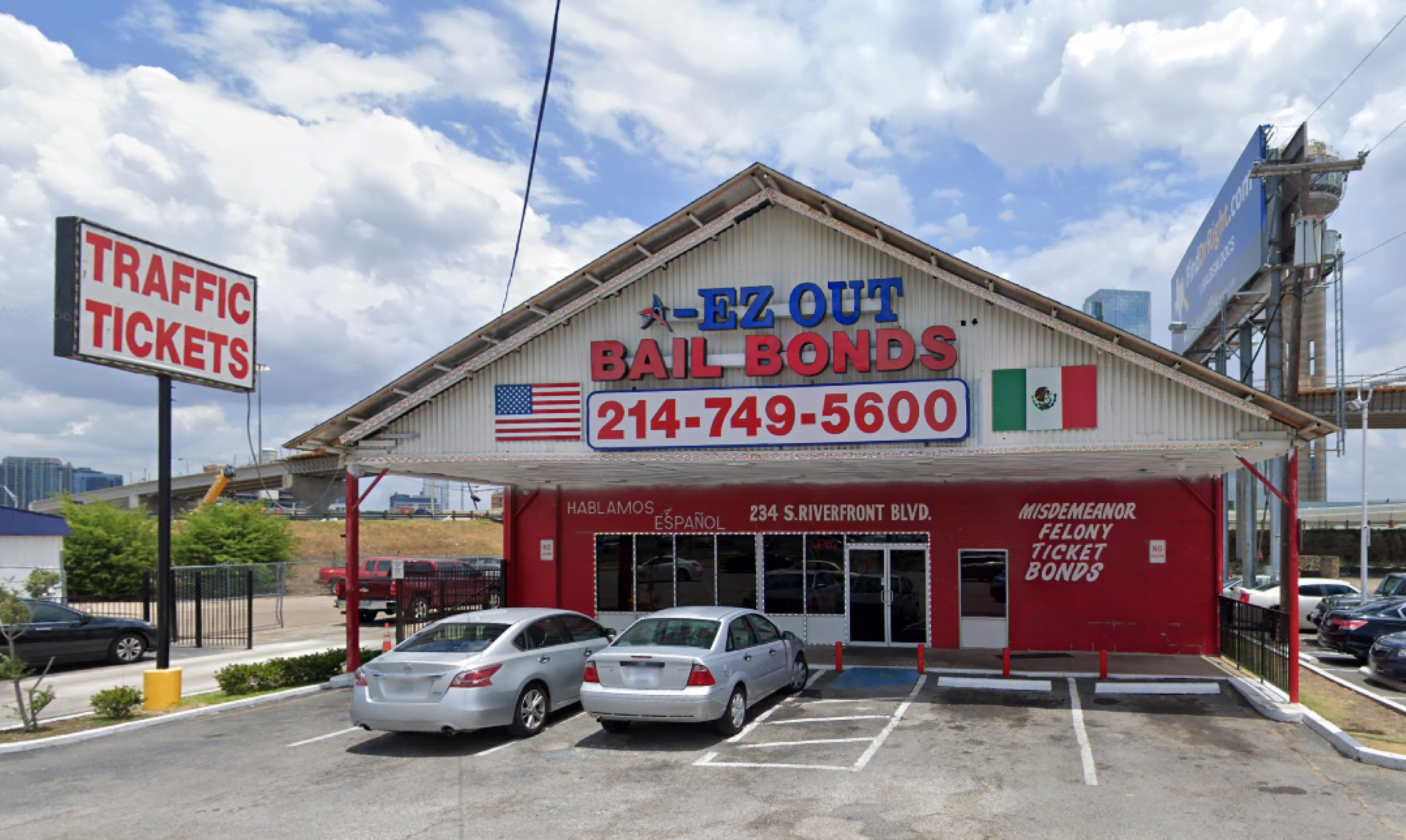Get Out Fast with Newark Bail Bonds Services – Learn More Today!
Get Out Fast with Newark Bail Bonds Services – Learn More Today!
Blog Article
Just How Bail Bonds Aid You Safeguard a Swift Launch
Bail bonds offer as a crucial mechanism for people browsing the intricacies of the criminal justice system, providing a path to gain back liberty immediately following an apprehension. By engaging a bondsman and paying a portion of the total bond amount, offenders can attend to both legal obligations and individual duties without the instant burden of complete repayment.
Understanding Bail Bonds
Bond bonds offer as a critical device in the legal system, supplying individuals with a means to protect their launch from custodianship while waiting for trial. This financial setup permits defendants to publish bond, which is a collection amount identified by the court, guaranteeing their look at future court days. When a defendant can not pay for the complete bond quantity, they may seek aid from a bail bond company, which usually bills a charge, commonly around 10% of the complete bond quantity.
The bail bond works as an assurance to the court that the accused will abide by all lawful commitments. If the defendant stops working to show up in court, the bail bond firm is responsible for paying the full bail amount. This threat incentivizes the firm to make certain that the accused appears for their arranged hearings.
Understanding the terms of a bail bond is important for anybody considering this option. It is necessary to recognize that bond bonds do not cover various other expenses or legal costs related to a trial. Therefore, people ought to be well-informed concerning their legal rights and obligations when entering right into a bail bond agreement. This knowledge can dramatically affect the outcome of their lawful situation.
The Role of a Bail Bondsman
How does a bondsman help with the launch of defendants from custodianship? A bondsman, additionally called a bond bonds agent, plays a vital duty in the bond procedure by giving the funds essential to safeguard a defendant's release from jail - bail bonds licking county. When an offender can not pay for the full bail amount established by the court, the bail bondsman action in to cover this price, commonly charging a non-refundable premium, typically a portion of the complete bail
As soon as the premium is paid, the bail bondsman safeguards the accused's release by authorizing a surety bond with the court. This bond ensures that the defendant will certainly stand for all arranged court hearings. If the defendant fails to appear, the bondsman is accountable for paying the full bail quantity to the court, which incentivizes the bail bondsman to ensure the offender complies with their court commitments.
Furthermore, bondsmen often analyze the danger related to each instance, evaluating the accused's history, connections to the neighborhood, and chance of showing up in court (bail bonds licking county). This risk assessment informs the terms of the bond and may include security demands, even more ensuring the bondsman's financial investment is secured throughout the legal process
Advantages of Making Use Of Bond Bonds
Using bail bonds supplies several benefits for accuseds facing legal obstacles. Bond bonds permit accuseds to pay a fraction of the overall bond amount, normally around 10%, therefore reducing the instant financial worry.

Furthermore, collaborating with a bail bondsman provides access to specialist guidance via the complicated legal landscape. Bondsmen are well-informed concerning the lawful system and can offer useful suggestions, making sure offenders recognize their civil liberties and duties. This professional assistance can be critical in protecting a desirable result in court.
Lastly, utilizing a bail bond can help maintain an accused's public picture and employment condition, which could be negatively affected by prolonged detention. Generally, the advantages of bond bonds expand past monetary considerations, promoting security throughout a challenging time.
The Bond Process Explained
Understanding the bond process is necessary for anyone browsing the complexities of the legal system. The bond process begins after an individual is apprehended and brought in the past a court. During the first look, the court figures out whether bail applies and establishes the quantity based on the severity of the fees, the accused's criminal history, and trip threat.
As soon as bond is established, the offender has several choices for securing their release. They can pay the full bond amount in cash to the court, which is reimbursed upon the conclusion of the case, provided all conditions are fulfilled. Lots of individuals opt to use a bail bond solution. In a co-signer, the accused or this case pays a non-refundable fee, normally 10% of the overall bail amount, to the bail bondsman, that then covers the complete bond.
Upon repayment, the bondsman files essential documents, and the defendant is launched from guardianship. It is critical to understand the responsibilities included, consisting of going to all court hearings and conforming with any conditions established by the judge, as failing to do so can lead to a forfeit of the bond and additional legal consequences.
Usual Mistaken Beliefs Regarding Bail

An additional widespread misconception is that bail amounts are globally set and unchangeable. In truth, judges have discretion in establishing bond amounts based on numerous elements, consisting of the nature of the crime, the accused's criminal background, and flight threat. In addition, lots of think that just affluent individuals can pay for bail, ignoring the existence of bail bonds, which give an even more available financial remedy.
Some additionally assume that bail is a penalty, not understanding that it serves as a mechanism to make certain defendants show up for their court days while maintaining their flexibility throughout the legal process. Lots of people are unaware that bond is not a right; it can be denied under certain circumstances, especially in major crimes or repeat offenses. Clarity on these mistaken beliefs is vital for notified decisions concerning bail and the total lawful procedure
Conclusion

When an accused can not afford the full bail quantity, they might look for assistance from a check this bail bond firm, which typically bills a cost, commonly around 10% of the complete bail quantity.
If the defendant fails to appear in court, the bail bond firm is liable for paying the full bond amount. A bondsman, likewise known as a bond bonds agent, plays an important role in the bond procedure by providing the financial resources essential to secure an offender's release from jail. Bond bonds enable defendants to pay a portion of the total bond quantity, typically around 10%, consequently easing the immediate economic problem.
In this instance, visit this site the defendant or a co-signer pays a non-refundable charge, commonly 10% of the complete bond amount, to the bail bondsman, that then covers the complete bail.
Report this page